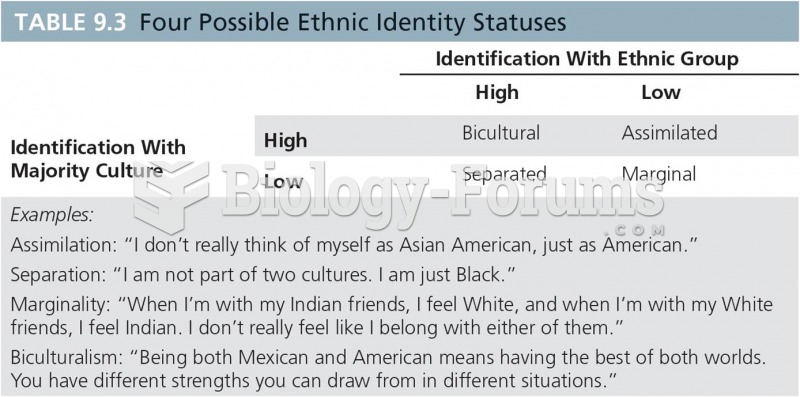Answer to Question 1
In general, mental health professionals cannot agree on the validity or even the existence of dissociative disorders because of the lack of scientific evidence and a reliance on clinical case studies. Thus, the scientific status of dissociative identity disorder is not well established. Its reliability is called into question because its symptoms are intermittent and many patients do not experience alters until after they begin treatment. The latter suggests the possibility that alters may be an iatrogenic response to therapist questions or probes. In addition, terms used to describe the symptoms are difficult to define in a way that can be studied. Consequently, many therapists use idiosyncratic definitions.
According to proponents, dissociative identity disorder is a failure of the normal developmental process of personality integration. This failure results from early trauma and problems in the caregiver-child relationship during critical developmental periods. Traumas are most typically experiences of physical or sexual abuse. Again, there is no research to support this position other than correlational data. In one large twin study, a history of sexual abuse was related to heightened risk for many different disorders in adulthood, but it does not appear to predict any one disorder.
Dissociation is theorized to be the manner in which these patients cope with their trauma, blocking painful events from memory. Significant gaps in childhood memory are considered symptomatic of repeated trauma, and patients are encouraged to remember their trauma as a way of overcoming their symptoms. The recall of this information or recovered/repressed memories is often accepted by the therapist as fact without considering that memory is fallible and an active process. Research concludes that just because a person provides a detailed memory and is confident in recall does not mean the event actually happened.
Answer to Question 2
A







